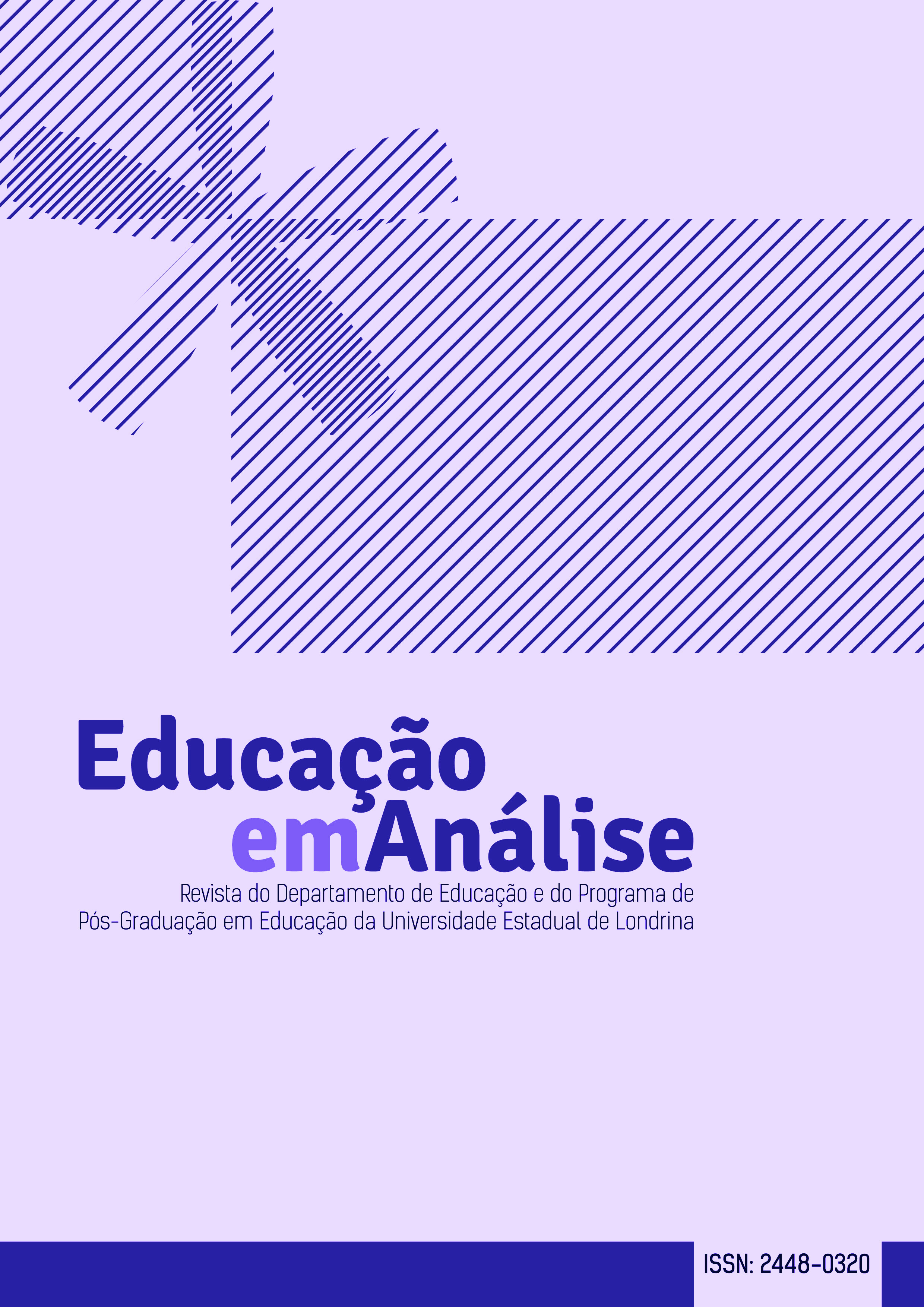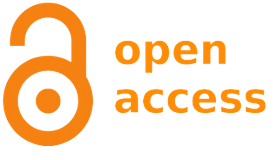The concept of training in the philosophy of Hegel, Kant and Dewey
DOI:
https://doi.org/10.5433/1984-7939.2024v9n1p92Keywords:
Training; Teaching philosophy; Thought; Hegel; Kant; Dewey.Abstract
This work seeks to understand the concept of training as a central theme in the philosophy of education. The question that surrounds the proposed analysis is: On what basis can training be conceptualized? The problem posed delimits the following objective of this study: to analyze the concept of training from the philosophical perspective of Hegel, Kant and Dewey to understand its relationship with education. The research methodology has a bibliographic character and consists of analyzing the concept of formation in the thought of Hegel, Kant and Dewey. As a result, the research problematizes the conception of the formation of the human being as a subsidiary of the content of philosophy from Hegel's perspective, similar to travel and knowledge. It also asks human formation how to philosophize without the finished philosophical content, as an exodus from tutoring. It presents Dewey's alternative, which points out the conflicting and problematic dimension in the contingency of the situation as an engine that moves thought and that moves life and which this author thematizes in the concept of experience based on the principle of continuity and interaction, reconstruction and growth. Philosophizing is immersing yourself in experience, being immersed in its historical, social and cultural materiality and immateriality. Training acquires the meaning of educational and democratic training.
Downloads
References
DEWEY, John. Como pensamos: como se relaciona o pensamento reflexivo com o processo educativo: uma reexposição. Tradução de Haydée Camargo Campos. 4. ed. São Paulo: Editora Nacional, 1979a.
DEWEY, John. Democracia e educação. Tradução de Godofredo Rangel e Anísio Teixeira. São Paulo: Editora Nacional, 1979b.
DEWEY, John. Experience and nature. New York: Dover Publications, 1958.
DEWEY, John. Experiência e educação. Tradução de Anísio Teixeira. São Paulo: Editora Nacional, 1971.
DEWEY, John. Reconstruction in philosophy. New York: Mentor Books, 1951.
HEGEL, Georg Wilhelm Friedrich. Escritos pedagógicos. Ciudad de México: Fondo de Cultura Económica, 1998.
KANT, Immanuel. Crítica da razão pura. Tradução de Manuela Pinto dos Santos e Alexandre Fradique Morujão. Lisboa: Fundação Calouste Gulbenkian, 2001.
KANT, Immanuel. Lógica. Tradução de Guido Antônio Almeida. Rio de Janeiro: Tempo Brasileiro, 1992.
KANT, Immanuel. O conflito das faculdades. Tradução de Artur Morão. Covilhã: LusoSofia, 2008.
KANT, Immanuel. Resposta à pergunta: que é o esclarecimento? In: KANT, Immanuel. Textos selectos. Petrópolis: Vozes, 1974. p. 100-117.
KANT, Immanuel. Sobre a pedagogia. Tradução de Francisco C. Fontanella. Piracicaba: Unimep, 1996.
TASSIN, Étienne. “O valor formador” da filosofia. In: DERRIDA, Jacques. La greve des philosophes: école et philosophie. Tradução Renata Maria Cordeiro. Paris: Osiris, 1986.
WHITE, Morton F. The origin of Dewey’s instrumentalism. New York: Octagon Books, 1977.
Downloads
Published
How to Cite
Issue
Section
License
Copyright (c) 2024 Darcísio Natal Muraro

This work is licensed under a Creative Commons Attribution-NonCommercial 4.0 International License.
The journal reserves the right to make normative, orthographic and grammatical changes in the originals, with the aim of maintaining the cultured standard of the language and the credibility of the vehicle. It will, however, respect the authors' writing style. Alterations, corrections, or suggestions of a conceptual nature will be sent to the authors when necessary. In these cases, the articles, after being adequate, should be submitted to a new appreciation.









